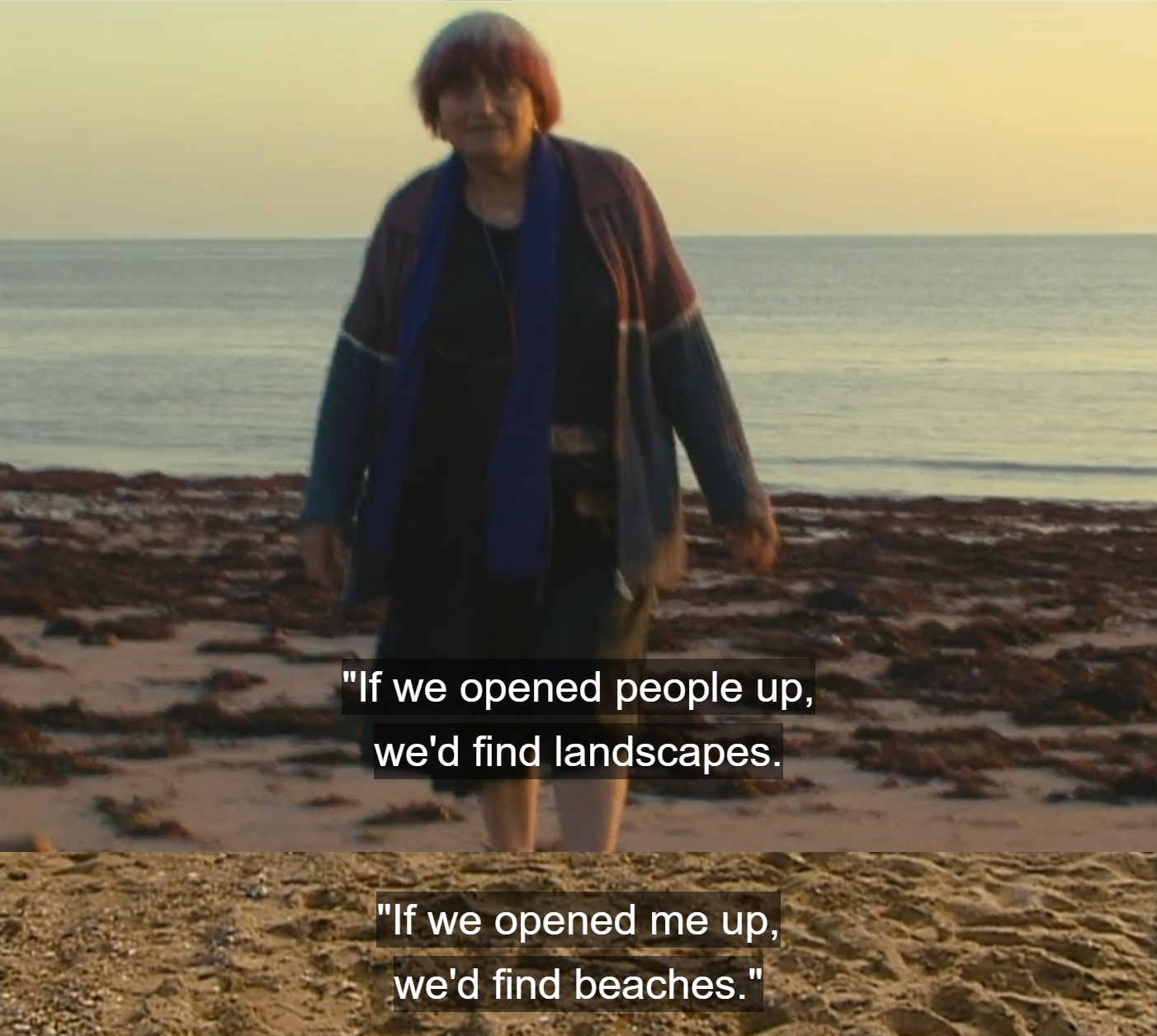Grandmotherly Beach Day
Contributor
Reciprocal Landscapes
During those challenging quarantine days, I spent some time with my grandparents in Saanich, on Vancouver Island, just off the southwest coast of Canada. I often took my grandma / Nǎi Nɑi, for beach walks. We strolled for about 15 minutes, passing quaint suburban houses and picking blackberries from the lush bushes along the way, until we reached Arbutus Cove.
We were two diasporic souls, heading in the same direction, from different walks of life.
On that day, the waves quietly caressed the sheltered bay of Arbutus Cove. Nǎi Nɑi asked me about my recent surfing trip to Tofino. I told her how exhilarating it felt to catch a wave on the surfboard, to sense the momentum becoming tangible within the wave, and to reciprocate this landscape with my normative body.
“You have always been the brave one in our family,” Nǎi smiled and spoke to me.
I felt a bit embarrassed. I was just a rookie surfer who had fallen off the surfboard too many times. By and large, in my life, I am timid and meek like the waves in Arbutus Cove, whereas the swells in Tofino are violent, powerful, and unapologetic. They are conceived of both beauty and terror. They are the landscape I fear I can never reach.
As I lay on the beach, basking in the sun like a sea lion, I couldn’t help but think: aren’t beaches just the remnants of waves?
I scrolled through my phone, showing Nǎi Nɑi the sunset photos I took during my trip. Tofino is on the opposite side of the island, exposed to the vastness of the Pacific Ocean. In a jesting tone, Nǎi Nɑi said, “If your eyesight traveled far enough, it would eventually reach Changzhou.” Changzhou is my hometown on the east coast of China. The sense of nostalgia in her words hit me hard.
Agnès Varda said, “If we opened people up, we’d find landscapes. If we opened me up, we’d find beaches.”
Agnès Varda always reminds me of my Nǎi Nɑi. They have the same height, same hair style, and same sensitivity. There were so many things I wanted to describe to my Nǎi Nɑi, like the portrait my boyfriend painted of me, the gelato I lost to a determined seagull, the second broken drawer in my apartment, the argument I had with my dad when I was 15 years old, or the seven Danish classes I took in Copenhagen, but words seemed so pale against the landscape between us. Since I began to remember things, she was already the image of Nǎi Nɑi that I know. She had a life before me. She had an image as a girl, a teenager, and a mother before she became my Nǎi Nɑi, and that is the landscape I could never reach.
For ordinary folks like us, time is the cruelest landscape—one-directional, nonreciprocal.
I cherished the sharp, salty scent of the air at that moment. I looked at the wrinkles on my Nǎi Nɑi’s face—curved like the remnants of the waves. I wrote in the sand with my fingers, “我爱你奶奶”.
My Nǎi Nɑi always spoke to me in our hometown Changzhou dialect, but I could only reciprocate in Mandarin. I never fully mastered how to speak my dialect, just as I have never seen the landscape within my Nǎi Nɑi. However, on that grandmotherly beach day, there was a meek yet persevering wave, traveling beneath my Nǎi Nɑi’s feet, crossing the breadth of the Pacific Ocean, and eventually reaching a little gravel by the East China Sea.
